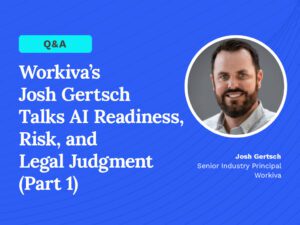Frank Talk From Former NSA General Counsel
February 20, 2017
Said to be “one of the largest and most colorful figures” in the world of cyber law and cybersecurity, he is currently – again – a partner at Steptoe & Johnson. Stewart A. Baker has held a number of government posts, going back to the early 90s when he was National Security Agency general counsel, to his recent stint as assistant secretary for policy at the Department of Homeland Security. “Yes,” he says, “I hold the record for the number of times I’ve returned to Steptoe & Johnson. Five times.” In this Q& A interview, Baker explains how his history with computers and cybersecurity goes way back to the beginning, and what he makes of it. In the early 1970s he worked for Justice John Paul Stevens and became “the first law clerk to lose a draft opinion to the printer. We never did find out what happened to it.”
More to the point, he was GC of the National Security Agency in the early 90s, during the forerunner of what he calls “the encryption debate.” That debate resurfaced last year when Apple fought the government’s demands that Apple supply a “back door” to the phone of the San Bernardino shooter. It remains a central and intractable issue, “precisely because each side has a point,” according to Baker. That said, he thinks that the government and the NSA in particular are often unjustly maligned on the privacy issue. “I wish ordinary Americans understood that everything the NSA does is within the law and how much effort goes into ensuring that,” he says. In part, Baker says, the misconception is the fault of the movies, as they present a picture “so disconnected from reality that I’m not sure where to begin to point out everything that’s wrong. When Hollywood decides who to make the villain, it’s increasingly constrained by lefty politics and Chinese money. American intelligence agencies have become the villains by default.” As for European privacy regulation he thinks it’s mostly, or maybe just sometimes, thinly disguised protectionism, and he explains why.
Read full article at:
Daily Updates
Sign up for our free daily newsletter for the latest news and business legal developments.




